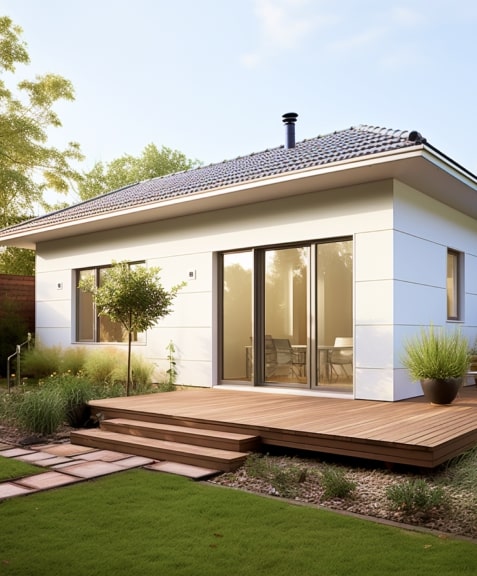
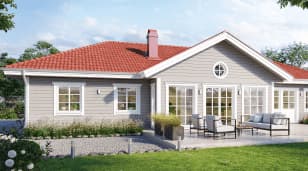
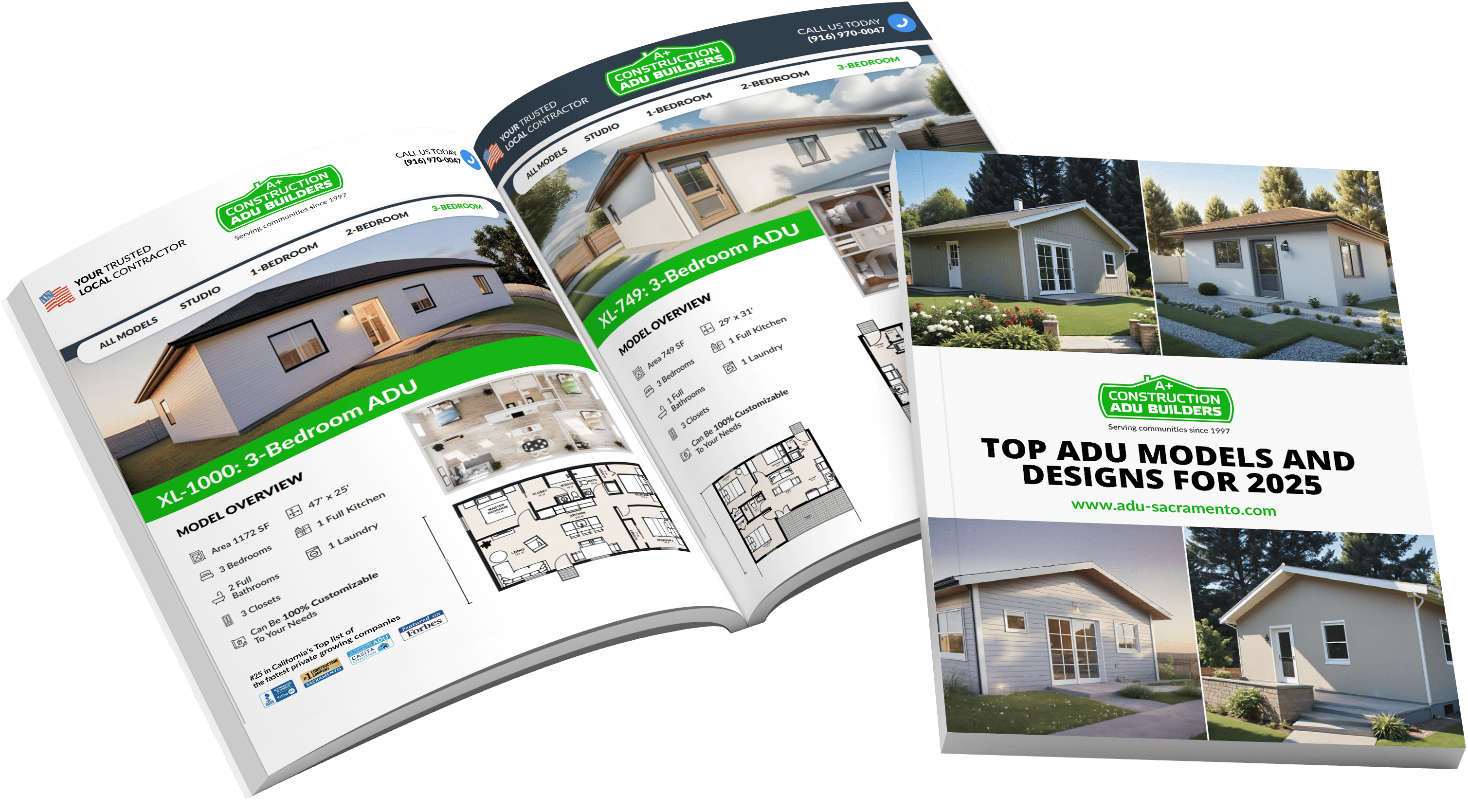

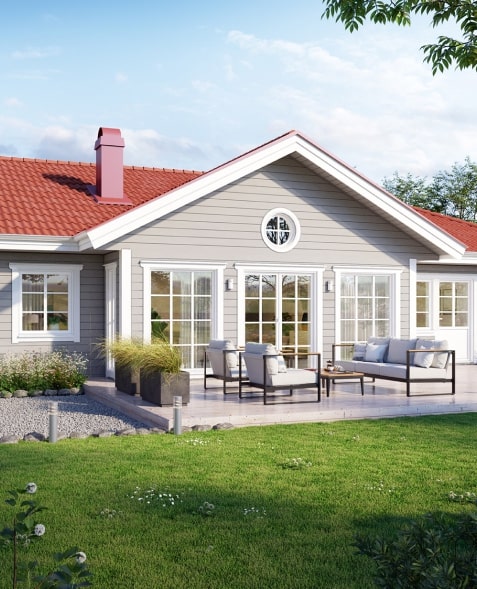

A link to download your FREE brochure will be in your inbox in 3 minutes
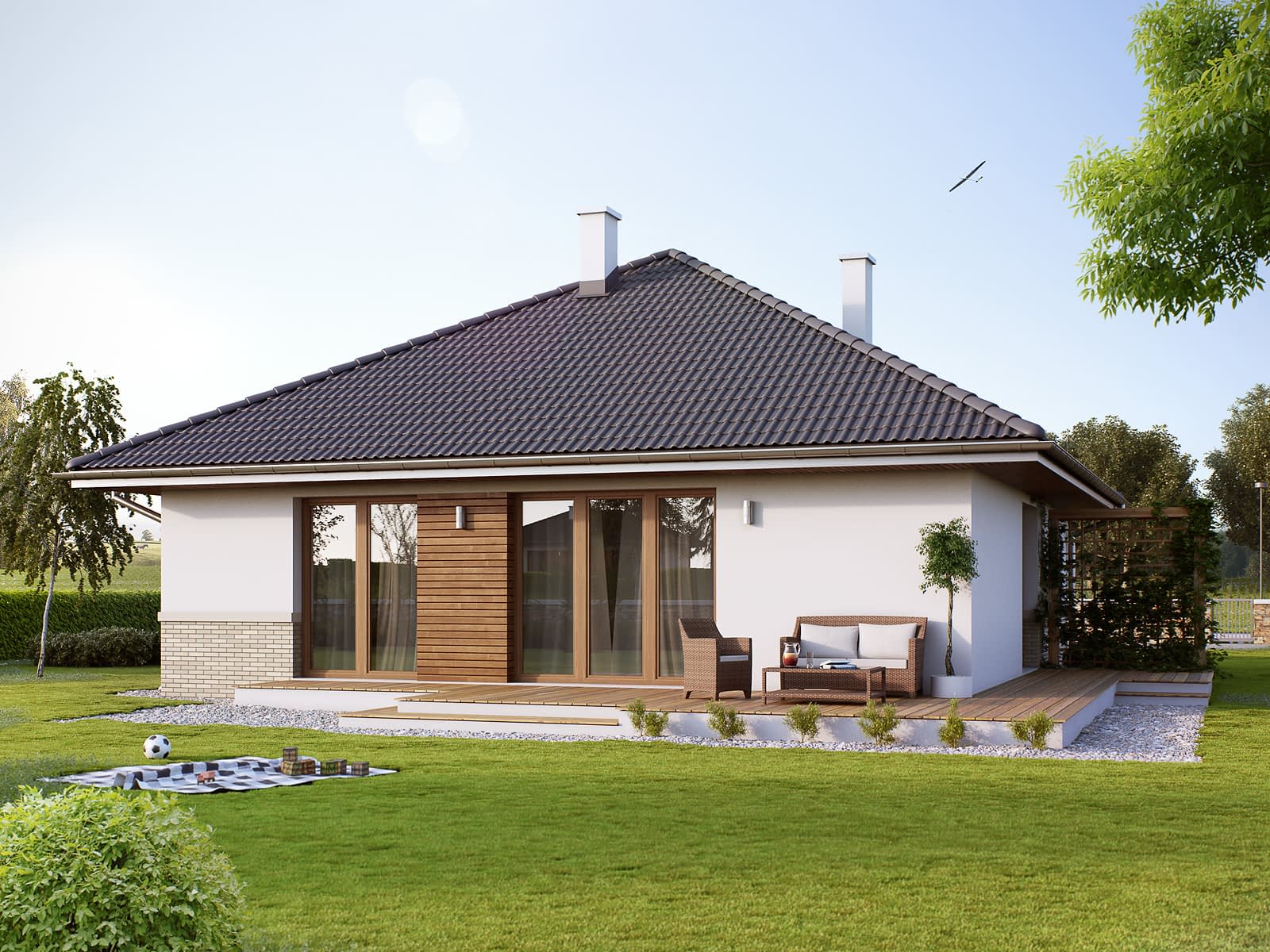





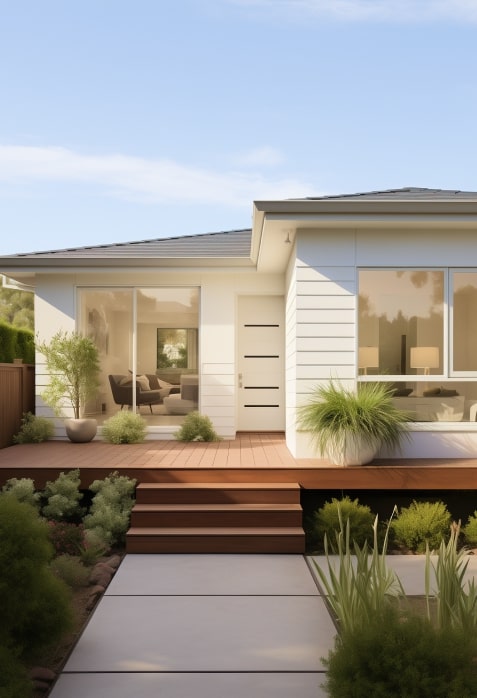
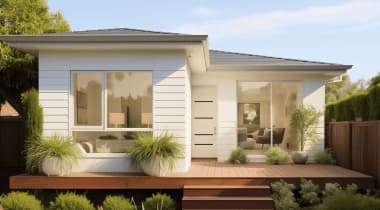











The final price may vary based on project specifics.
To get a free accurate quote tailored to your needs, book a consultation with us today!

The price per square foot provided is an average and may vary depending on project-specific details such as materials, location, complexity, and other factors. Actual costs may differ from the average provided.
It is recommended to obtain a detailed quote based on the specific requirements of your project.

Please note that the monthly payment displayed on this page is an estimate and is subject to variation based on the selected loan product, applicants credit score, loan amount, and other financial details. Actual monthly payment may differ from the estimate provided.
It is recommended to seek advice from a financial advisor or loan officer to obtain precise payment information tailored to individual circumstances.
 Your Trusted
Local Contractor
Your Trusted
Local Contractor
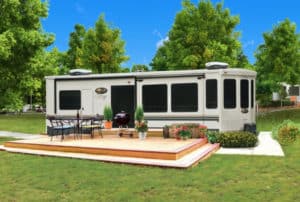
An RV is short for “recreational vehicle.” While most states face an affordable housing crisis, RVs have become a sawing straw for many struggling residents. However, as with any property, you have to carefully consider the legality of the question.
You have to know where to park your RV, whether the law permits it on the land of your primary dwelling, how it interacts with the zoning code, et cetera, to legally live in your RV and exploit its potential to the fullest.
Recreational vehicles are private property that can be both a savior in a housing emergency situation and a violation of building permits. Residential properties are a complex issue of permits, site preparation, and planning commission management. But can you make it?
Invest in reading the article to find out whether your recreational vehicle use can happen without restrictions in California.
The short answer is that you can currently own an RV in Sacramento, but you cannot live there permanently. Ask us at A+ Construction & Remodeling in Sacramento, California, when you need help in the region. The code enforcement in the region strives to make sure that the occupation is safe and ethical.
The crisis in housing leads more and more people every year to ADUs as a solution. Secondary dwellings of these types allow for a cheaper living space, with RVs being the cheapest. A single-family home that has an RV can potentially enjoy additional rental income from the structure.
A second dwelling is a way to generate income, but the necessary parties need to permit it. The site has to abide by the local zoning laws of the county as well as parking norms in the case of vehicles. It is incredibly important that the city view your unit as legal.
However, unlike an ADU, an RV cannot fully enter into residential use, according to state property policies. Public hearings have been attempting to make a shift in this question, but policymakers and planning staff are reluctant to accept campy recreational vehicles as a valid house.
Achieve affordable housing with an ADU on your private land.
We can observe different variations of RV-adjacent entities around the country. Be mindful; these are normally not accessory dwelling units in the eyes of Sacramento law, as well as other cities in California. Check with residential zone policies and living space regulations to determine whether a recreational vehicle can function as the desired affordable housing.
A variety of residential property types exist. They vary by site, type of mobility, residential permit possibility, and dwelling rental opportunities. All of those property types are legal, but not all of them can become ADUs in the eyes of the planning staff.
These recreational vehicle subtypes include the following:
If you or your family member own any of the aforementioned, you have to be attentive to your state’s norms. All of the above do not qualify for the role of an accessory dwelling unit in many regions, and the same is true even for storage sheds. A responsible property owner must do research before making a similar investment.
Similar backyard dwellings often do not meet ADU requirements by themselves, aside from additional bans. Endure full knowledge and awareness, and check what the policy makers in your county think for each of these. Sometimes, an additional permit is what separates you from the desired result.
Under the law, most motor housing options do not count as an ADU.
There are certain norms that we must think of when we discuss RVs. When rental agreements are the problem, remember this: Under zoning law, rent is often prohibited for both the recreational vehicle and the primary dwelling when both exist on the same lot.
In this way, an RV is not an accessory dwelling unit and does not always enjoy the same rights. Your vehicle might not always be an ADU, but it is still an option for a living space organization. It does not have to be subject to building codes, but there are its own distinct norms.
There is a list of requirements for an RV by itself, too.
These are:
Aside from the list and its basics, we must look deeper. Point number 2 insinuates an extended number of entries and additional requirements. In accordance with that, an RV has to come with all the essential utilities. These are water supply, sewage disposal, a septic system, a toilet and sink combination, and electricity.
To meet these requirements, owners usually resort to an RV hook-up. It is a structure near the mobile accessory dwelling unit that provides essential resources for survival. It cannot draw them from the house, so such a construction is necessary.
When in the same slot as the primary dwelling, it also cannot be too close or too far away—for obvious safety reasons. The range for the distance is from 10 ft. to 100 ft. in most jurisdictions and cities in California. Make sure emergency services are available for your RV if it is in residential use.
To have your mobile ADU legalized, you have to follow a procedure that will vary by counties and residential zones. It typically involves an evaluation by the city staff and planning commission members. The law has to actually permit your unit, as well as possess these necessary formal permits. The details will vary by county.
Make your unit functional, safe, and legal by reaching out to professionals.
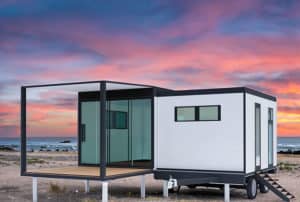
Exercise caution. Do not confuse mobile accessory dwelling units, aka mobile dwellings, with mobile homes. Mobile dwellings are RVs and other houses with wheels. A manufactured home is the same as a mobile home. Their traits have a concrete foundation, making them not as mobile by definition.
A mobile ADU is the concept of accessory dwelling units that are vehicle and housing hybrids, as well as a less permanent version of an adu development, as many people would put it. It is a second dwelling that exists aside from the main house and has its own separate access that you park or position on your property and use for residential and dwelling purposes.
Mobile accessory dwelling units have the future of affordable housing.
Tiny houses on wheels, which we commonly know as THOWs, are another option for living space utilization. It is just what it sounds like. A THOW is a small housing unit that can exist as a trailer support. There are also tiny homes on concrete foundations, but they obviously do not count as THOWs.
A tiny house is a place where people may live while the original dwelling is already occupied. As with other ADUs, they must have separate access, be detached units, include basic utilities, and meet the standard of conventional construction.
We at A+ Construction & Remodeling provide our services in Sacramento, California, so let’s consider the region. The current regulations, dating to the year 2018, approve tiny houses as a potentially valid accessory dwelling unit option for Californians.
There are certain requirements for the dwelling’s residential properties. The defining property of the tiny house is its building size. Your tiny house must occupy 400 sq. ft. of space on the site, or below this number, to be legally liveable in the city of Sacramento, California.
A key feature of a THOW is affordability. You can also gain additional rental income from it. If you plan to use it for yourself, remember that you can attain a THOW for just a couple tens of thousands of dollars. Compare this with other accessory dwelling unit options, which are normally in the six figures.
Tiny house rental income can, potentially, make it financially sustainable in about half a year. The rent money the owner gains from the tiny home is free to use afterward. This business venture of renting is a way to pay out the mortgage for the primary building faster while offering additional housing options. Carefully consider your rental agreement to make this possible.
We also call modular homes factory-built houses. These are living structures that come pre-made from a factory. You only need to have them transported to your land to exploit them. They can rest on a foundation to be more effective as living spaces.
A peculiar feature of both modular homes and other mobile ADUs is flexible ownership that goes beyond the option to rent. This property could potentially leave the original residential property if you decide to sell it and potentially change areas from cities to rural areas. In a way, this is defined as the detached ADU.
New housing opportunities emerge every day so that people can enjoy their residential use.
The issue of permanent residence is the same as the article above states, with dubious legality for this type of dwelling. Still, if you want to allow your neighbors to temporarily, or recreationally, reside in your vehicle dwelling, it is fully legal.
According to state laws, you can get parking on another’s dwelling as well as your own. You cannot, however, occupy the public residential properties. In both cases, we cannot really call it an accessory dwelling unit.
An accessory dwelling unit is property in terms of taxes. That means that you have to pay property tax for your ADU. You would do the same with any building. All vehicles are in a separate category of vehicle taxes. The amount you pay may depend on different factors, including your city and life conditions.
Get a First Look at Real ADU Projects